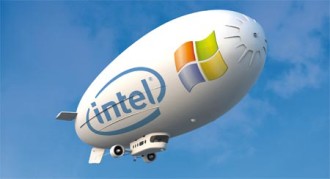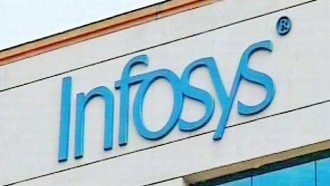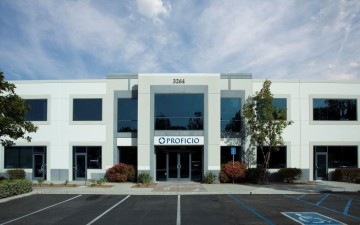 The ever shrinking Biggish Blue has announced changes to its channel programme with the aim of making its plans with Q2 a bit better.
The ever shrinking Biggish Blue has announced changes to its channel programme with the aim of making its plans with Q2 a bit better.
IBM wants to encourage its partners to move into the high growth areas of cloud and security. This week it is holding its PartnerWorld event in Las Vegas and the announcements have been flowing out from the conference.
One of the planks of its cunning plan is to increase the number of competencies in the PartnerWorld programme, with the number heading up to the 40 mark.
Marc Dupaquier, general manager, IBM Global Business Partners said that as digital and cloud “solutions” continue to transform industries, the time is now for IBM partners to deliver cognitive solutions with deep vertical expertise built on the IBM Cloud platform and made available in an omni-channel environment.
This includes an expanded and redesigned the PartnerWorld programme to guide Business Partners of all types and models in developing capabilities aligned to our cognitive solutions and cloud platform strategy to deliver high client value.
While IBM started off revising its PartnerWorld programme at the beginning of the year the men in suits have being rolling out enhancements with the additional competencies.
Some of the additional competencies coming in Q2 include in security Information, Risk and Protection and in cloud the Cloud Video and High Speed Transfer. The Watson Internet of Things side of the business will offer Continuous Engineering and there will also be a new Competency in IBM Global Financing to help partners offer “Financing” as a core capability.
Another part of the growth strategy includes embedded solutions, a simplified reselling process and enhanced software incentives.
The embedded solutions agreement that IBM is making available should make it easier for partners to use their own branding on solutions that are built on Big Blue technology. The vendor is also providing a Ready for IBM Cloud validation for ISVs to make it easier for developers.
After April there will be more software incentives to increase the rewards available to those partners that sell the vendor’s product range.


















